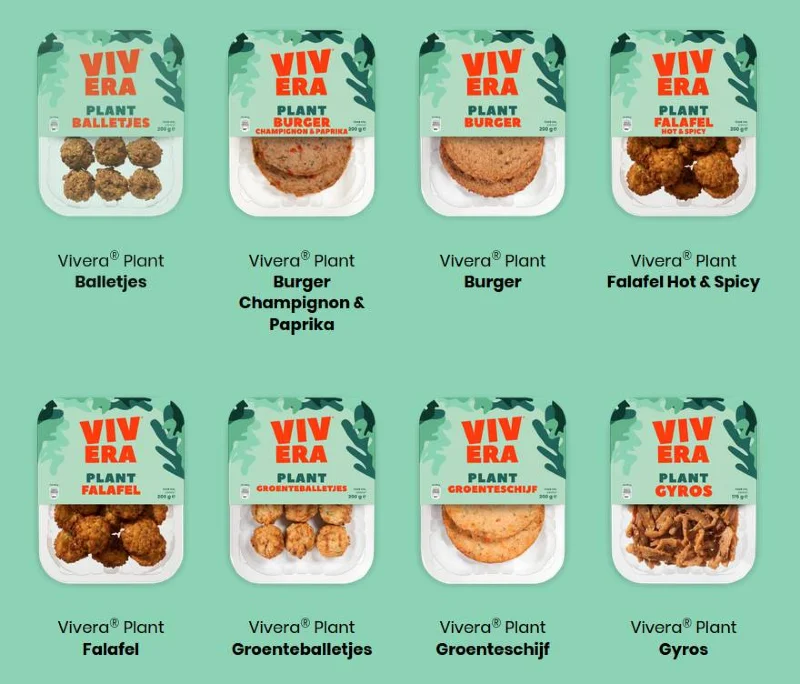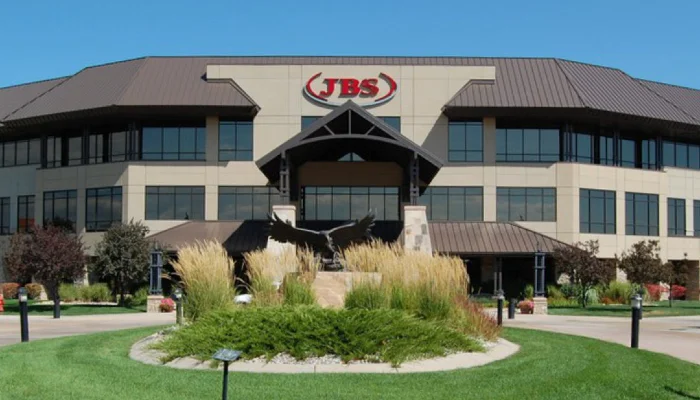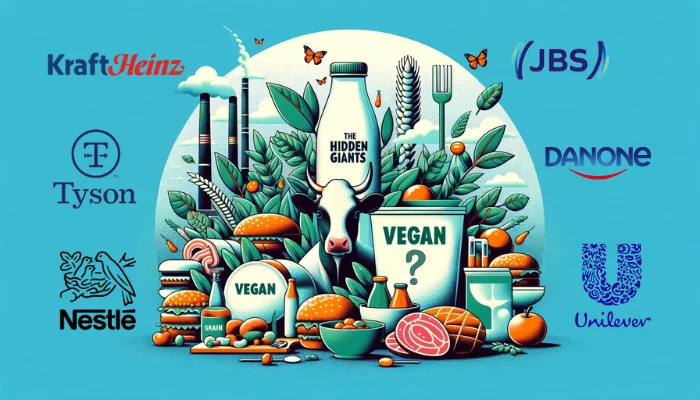“Cast a vote for a greener planet, lower food bills, better health and kindness to animals. And you don’t even have to wait for a general election,” announces the Veganuary campaign, urging people to embrace plant-based diets for January and beyond.
This movement aims to steer us towards a more sustainable food system, crucial for preserving our planet’s ecosystems.
However, the journey to plant-based eating reveals a complex web of corporate power, raising questions about the true impact of our dietary choices.
The Big Meat and Dairy’s Plant-Based Shadow
When you peel back the layers of the plant-based food industry, you learn that the stars in the meat and dairy free movements are keeping secrets!
Primarily, that the driving forces behind many celebrated vegan brands are, paradoxically, the very giants of the meat and dairy sectors they seek to replace. This revelation sheds light on the nuanced dynamics of sustainable food production, suggesting that choosing plant-based options isn’t as straightforward as it may appear.
For instance, Vivera, known for its wide range of vegetarian and vegan products, promotes plant-based eating as a pathway to better health and environmental stewardship.
Yet, what’s not widely known is that Vivera operates under the umbrella of JBS, the world’s largest meat producer, responsible for a remarkable host of just plain evil things including significantly contributing to Amazon deforestation.
Before you go looking, you won’t find any references to JBS on Vivera packaging or marketing – wonder why?
Similarly, Alpro’s vegan dairy alternatives encourage consumers to “do your bit with every bite or sip,” despite being owned by Danone, a global leader in dairy products which is oddly never mentioned in their advertising.
This dual strategy illustrates how corporations aim to cater to both traditional and plant-based preferences without fully committing to environmental sustainability.

Subsidies and Political Will: The Real Drivers of Change
The narrative of personal choice in driving the shift towards plant-based diets overlooks the substantial state subsidies that bolster the meat and dairy industries in the EU and US. This financial backing dwarfs the support for plant-based and cultivated meat production, maintaining the status quo of meat dominance in our food system.
Addressing this imbalance calls for decisive political action. Proposals include imposing penalties on corporations that harm the environment through unsustainable meat and dairy practices, redirecting subsidies towards plant-based food production, and enhancing public welfare to make plant-based options more accessible to all.

A Short, Far From Complete, List of Meat & Dairy Companies Investments in Meatless & Dairy-Free Brands
- JBS S.A. – The world’s largest meat processing company, JBS, acquired Vivera, Europe’s third-largest plant-based food producer, in 2021. This move was part of JBS’s strategy to enter the fast-growing market for plant-based food.
- Nestlé – Nestlé, one of the largest food and beverage companies globally, has developed its range of plant-based products under the “Garden Gourmet” brand. Additionally, it acquired Sweet Earth Foods in 2017, a company known for its vegan meals and meat alternatives.
- Danone – Known for its dairy products, Danone acquired Alpro, a leading plant-based dairy alternative brand, as part of its purchase of WhiteWave Foods in 2017. This acquisition significantly boosted Danone’s presence in the plant-based product market.
- Unilever – Unilever has expanded its portfolio to include plant-based brands like The Vegetarian Butcher and has developed vegan alternatives under its existing brands, such as Ben & Jerry’s non-dairy ice cream.
- Tyson Foods – While traditionally a meat producer, Tyson Foods has invested in several plant-based and alternative protein companies, such as Beyond Meat (although it sold its stake before Beyond Meat’s IPO) and launched its own range of plant-based products under the Raised & Rooted brand.
- Kraft Heinz – Through its venture arm, Evolv Ventures, Kraft Heinz has invested in startups focused on alternative proteins and vegan foods, indicating an interest in expanding into the plant-based sector.
- Maple Leaf Foods – Through its acquisition of Field Roast and Lightlife, Maple Leaf Foods, a major meat processing company, has significantly increased its stake in the plant-based foods market.
Beyond Consumer Choice: A Call for Collective Action
More To Discover
- Concerns Rise Over Possible Link Between Whale Deaths and Offshore Wind Farms; Facebook Faces Backlash Over Censorship
- Reviving An Elusive Predator: The Bold Mission to Save Texas’ Endangered Ocelots
- Microplastics Are Basically Everywhere: Meat, Water, Produce, Packaging, Seafood And More. But Can They Really Hurt Us?
- Will Shrinking Corn Plants By Two Feet Transform the American Corn Industry? It’s Possible!
While Veganuary champions the power of individual choices, the path to a genuinely sustainable food system requires a broader, politically engaged approach. We must harness public awareness and concern for the environment into political momentum, advocating for policies that favor truly climate-friendly diets.
The involvement of meat and dairy conglomerates in the plant-based sector underscores the complexity of achieving genuine sustainability. As we navigate our dietary choices, it’s crucial to look beyond the label, understanding the broader implications of our consumption patterns. Only through informed decisions and collective action can we hope to foster a food system that benefits our health, the planet, and all its inhabitants.



















